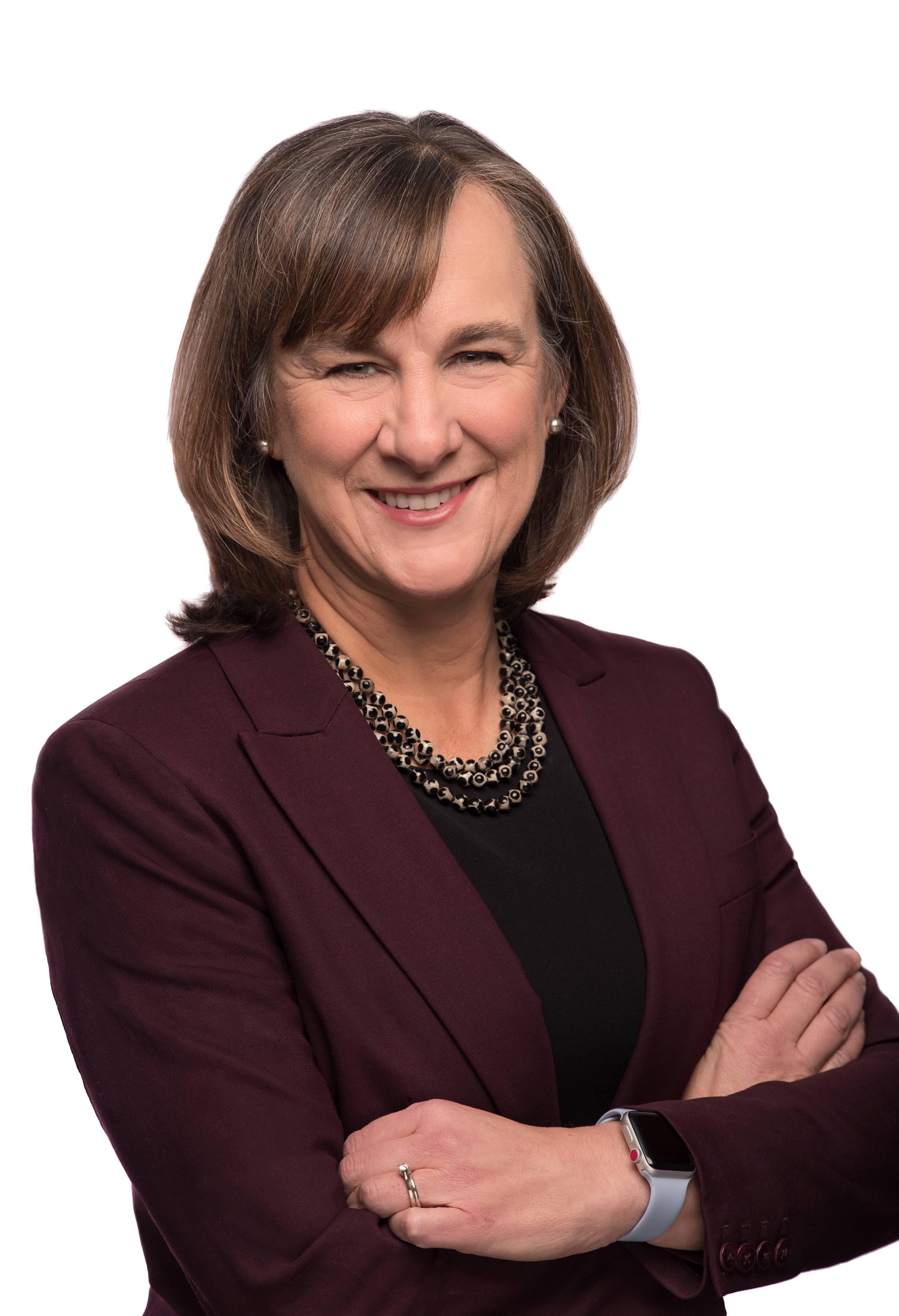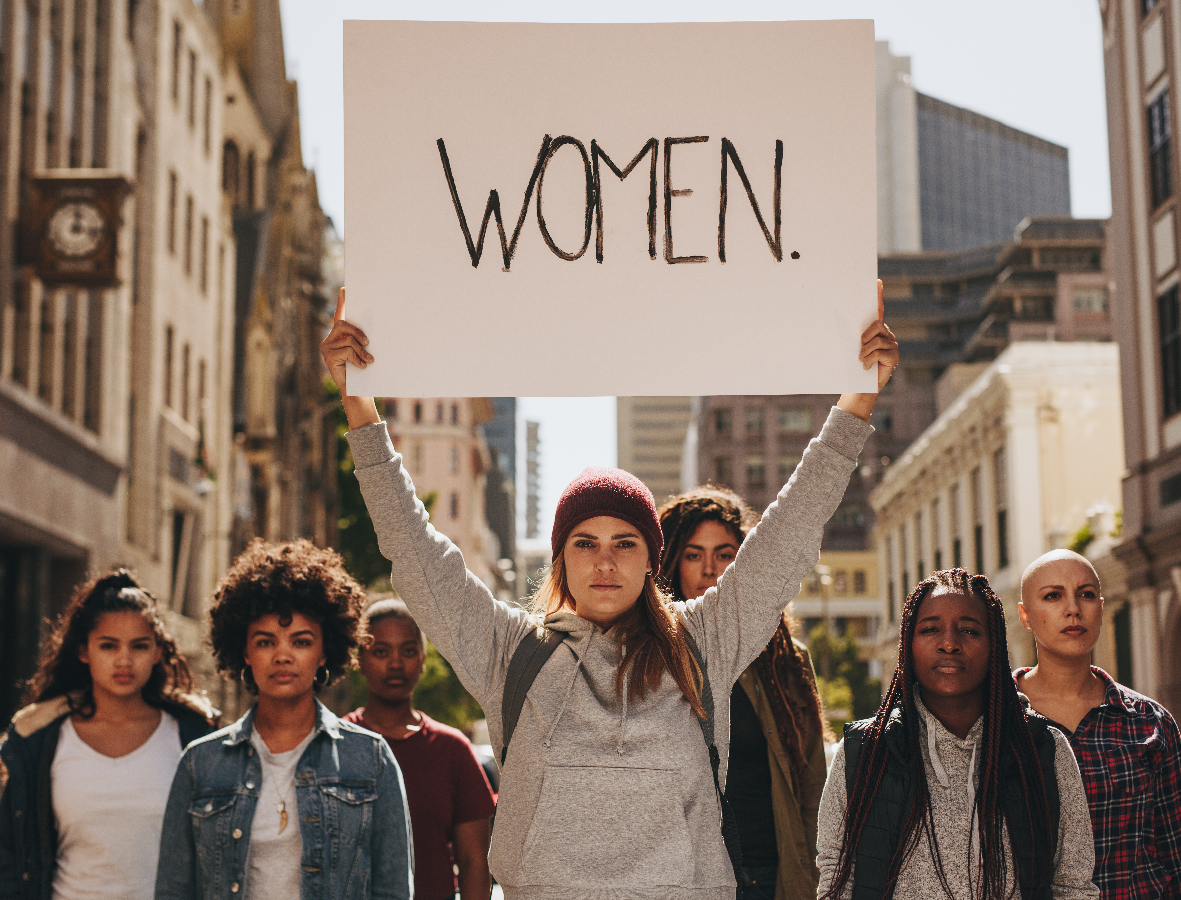In honor of this year’s International Women’s Day, Arianna Huffington, Janet Foutty, and Stacy Janiak will come together for a webinar on “Redefining Success,” where they will tackle a broad range of topics regarding women, equity in the workplace, as well as personal and professional well-being. As a complement to that discussion, Deloitte’s Janet Foutty and Stacy Janiak shared thoughts around the #ChooseToChallenge theme on how women can lead the way to inclusive prosperity and why the call for a gender-equal mindset is louder and more insistent than ever.
***
Empowering women can be good business. The benefits for women, their employers, and society at large are typically undeniable. So why do many women face so many barriers to equality and how can we break through them? This year’s International Women’s Day (IWD) theme “#Choose to Challenge” invites us to reflect on where women stand today, as well as how we can continue to challenge convention and create a more inclusive, equitable, and successful future for all.
According to the Department of Labor, approximately 2.5 million women have left the American workforce (compared to 1.8 million men) since the beginning of the pandemic, and Black and Latinx women are experiencing job loss at higher levels than their white counterparts. It’s a trend that not only threatens years of progress made for women workers but also underscores how gender-based inequality puts families, communities, and businesses at risk. #ChooseToChallenge is about working together to call out bias and inequality, and break down barriers that prevent the advancement of women. Because, as the recently published The Equity Imperative noted, equity isn’t just about efforts, it’s about results: measurable and meaningful outcomes in the lives of our people, our communities, our country, and our world.
In the spirit of this year’s theme, we examine three key drivers for challenging the status quo and helping create a path to more equitable outcomes: the role of a purpose-driven organization, the future of work, and leadership pipeline:
#ChooseToChallenge: The Bottom Line
A systemic hurdle on the path to gender equality in the workplace can be demonstrating the financial and social value of inclusion and making it a strategic priority across the entire fabric of the organization. Businesses have the power to effect meaningful change internally while influencing social behaviors, rules and standards, and government policy. As we chart our paths to growth and prosperity, we should realize the roads that got us here may not get us there. Business as usual is likely no longer good enough for business and society to flourish. We should embrace a purpose-driven mindset, one that merges both economic and social values, if we truly want to drive prosperity — prosperity that is inclusive of all women and racially and ethnically diverse groups.
In the 2021 DEI Transparency Report, Deloitte outlined several goals for fostering our culture of inclusion, increasing representation, and creating a more diverse workforce, including:
- Increase the number of Black and Hispanic/Latinx professionals in our U.S. workforce by 50% by 2025; this is an input to our goal of increasing the overall racial and ethnic diversity of our U.S. workforce to 48% by 2025;
- Increase U.S. workforce female representation to 45% by 2025;
- Increase the representation of racially and ethnically diverse U.S. Partners, Principals, and Managing Directors (PPMDs) to 25% by 2025;
- Increase the number of female U.S. PPMDs by 25% by 2025.
These goals were set because there is inherent value in an inclusive workforce. Evidence tells us that increasing diversity, including more women in leadership positions, often correlates with increased financial performance, better business outcomes, smarter decision-making, and improved innovation. Diversity of thought can achieve better business outcomes, encourage creativity, enhance innovation, safeguard against risk, and drive employee satisfaction and engagement. It can make an organization more resilient, enabling it to better weather the storm during times of crisis and disruption.
Additionally, women often reinvest their economic achievement in their families and communities. As a consequence of fewer women (and even fewer women of color) in the workplace due to the pandemic, businesses and communities may start to lose these benefits resulting in long-term and far-reaching impacts.
As we #ChoosetoChallenge, leaders and organizations should embrace a purpose-driven enterprise mindset as a means to champion diversity, equity, and inclusion on the path to prosperity.
#ChooseToChallenge: Work as We Know It
Even with inclusion as a priority, the world of work is not often set up to support and retain women workers. Whether it stems from career, family, society, or their own internal narratives, women are often subject to extremely high expectations; sometimes very different from our male counterparts. But for all that is demanded of us, we don’t often see an equal share in return. In our webinar, Redefining Success, we will speak a lot about how women bear the lion’s share of stress in a world of work that was typically designed by men. As Deloitte noted, 57% percent of mothers and 32% of fathers of children younger than 18 report that their mental health has deteriorated during the pandemic. These unintended consequences should not come as a surprise. They are logical outcomes of the same often flawed thinking and lack of action that has been occurring for decades.
The pandemic has accelerated the future of work, which means we are at the starting line of a once-in-a-generation opportunity to redesign a more humanized way of working. As we sketch out plans for the future, we should ask ourselves how we can build equity for women into our design. We should build a future where work can be arranged in such a way that promotes well-being, productivity, and the ability to take care of priorities in our own personal lives. Without this fundamental shift, a woman’s ability to stay in the workplace may be continually challenged and it may be even harder for her to ascend to top levels of leadership.
As we #ChoosetoChallenge, leaders should forge a new path for the future of work — one that empowers and engages the workforce while serving the greater good of our businesses and communities.
#ChooseToChallenge: Women in Leadership – “In Order to Be It, We Need to See It”
When you look at senior leadership across leading organizations in the US, women only hold 4.4% of board chair positions and 5.2% of CEO roles. And for women of color, 0.4% hold board chair positions while there has only been three Black female CEOs of the Fortune 500 ever. As is often the case, in order for women to be it, we need to see it. So, the important tasks of mentorship, sponsorship, and the development of future inclusive leaders falls to us.
Mentorship can help prepare women to be the best candidate for a role and give them the confidence to go after it whereas a sponsor uses their political capital to help protégés advance in their careers by advocating for them at crucial moments during their career journey such as a promotion and inclusion on high-visibility assignments. Regardless of the relationship, we are investing our time, talent, and resources, in order to help inspire more women to persist through challenges, take risks, and position themselves for success. Additionally, as Deloitte notes, mentoring relationships can be mutually beneficial; mentees receive valuable career advice while mentors invest in the strength of their organization. If women leaders set this example and make it an expectation for their teams, we can create a wave of mentorship and accelerate the careers of countless women.
As we #ChoosetoChallenge, women leaders should “hold the door open” for those who come after — women that represent a diverse set of experiences, and talent — in order to bring about a better, more inclusive tomorrow.
In 2021, business and society alike yearn for a return to times of growth and prosperity — both in economic and social abundance. Yet, true prosperity is inextricably linked to inclusion and equity, and only leaders who embrace the responsibility to drive meaningful change, influence behaviors, and challenge the status quo will likely be successful in achieving it. Let’s collectively take on the challenge.
###
This publication contains general information only and Deloitte is not, by means of this publication, rendering accounting, business, financial, investment, legal, tax, or other professional advice or services. This publication is not a substitute for such professional advice or services, nor should it be used as a basis for any decision or action that may affect your business. Before making any decision or taking any action that may affect your business, you should consult a qualified professional advisor.
Deloitte shall not be responsible for any loss sustained by any person who relies on this publication.
About Deloitte
Deloitte refers to one or more of Deloitte Touche Tohmatsu Limited, a UK private company limited by guarantee (“DTTL”), its network of member firms, and their related entities. DTTL and each of its member firms are legally separate and independent entities. DTTL (also referred to as “Deloitte Global”) does not provide services to clients. In the United States, Deloitte refers to one or more of the US member firms of DTTL, their related entities that operate using the “Deloitte” name in the United States and their respective affiliates. Certain services may not be available to attest clients under the rules and regulations of public accounting. Please see www.deloitte.com/about to learn more about our global network of member firms.
Copyright © 2021 Deloitte Development LLC. All rights reserved.



